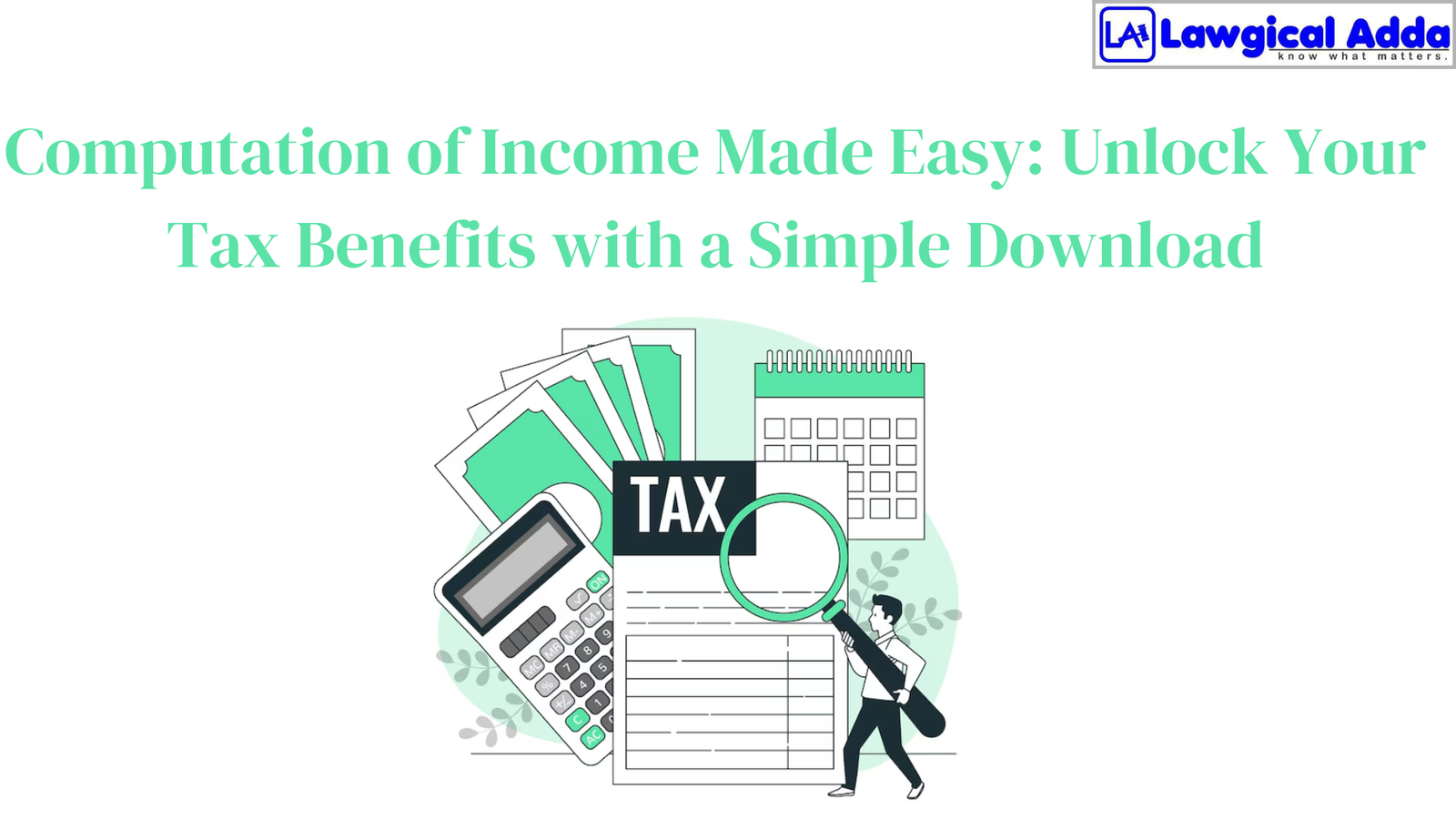High Value Transactions Notice Reply: Understanding the Importance in 2024

Table of Contents
Introduction
High Value Transactions Notice Reply, the Income Tax Department is currently using a number of data analytic methods to identify individuals who have either lied about their income or neglected to file their income tax filings and is a crucial part of.
Given this, the department has increased the intensity of its efforts to combat tax evasion and has created innovative methods for keeping an eye on large-scale cash transactions.
High Value Transactions Notice Reply
These are a list of transactions that are reported to the Income Tax Department by different institutions, such as banks, government agencies, mutual fund houses, and companies, using Form 61A, also known as the Statement of Financial Transactions (SFT).
- Within a fiscal year, cash deposits or withdrawals from savings bank accounts totaling more than Rs. 10 lakh.
- Within a fiscal year, cash inflows or outflows from a current account totaling more than Rs. 50 lakh.
- Making a cash deposit of more than 10 lakh into a fixed deposit account throughout a fiscal year.
- Immovable property sales or purchases totaling more than 30 lakh rupees during a fiscal year.
- Cash investments in stocks, bonds, mutual funds, and debentures that total more than 10 lakh rupees throughout a fiscal year.
- Cash payments for credit card debt that exceeds one lakh rupees within a fiscal year.
- Any payments made with a method other than cash for credit card debt exceeding 10 lakh in a fiscal year.
- Foreign exchange sales totaling more than 10 lakh rupees throughout a fiscal year.
- The Income Tax Department may send out notices for high-value transactions, which include paying tuition or gifts, traveling domestically in business class, purchasing gold, white goods, paintings, marble, and using more power than Rs. 1 lakh in a fiscal year.
To deter tax evasion and the accumulation of unreported wealth, the Income Tax Department keeps a close eye on significant transactions. In order to avoid legal consequences, taxpayers need to follow the rules for high-value transactions.
With the use of the user-friendly Income Tax Compliance portal, taxpayers may easily submit their responses online, saving them time and money by removing the need to visit the Income Tax Department’s office.
High Value Transactions Notice Reply: How Is High-Value Transaction Tracked by the Income Tax Department?
The Income Tax Department uses a number of tactics to efficiently monitor high-value transactions, including the following.
Enhanced Form 26AS
The department has added a section for Specified Financial Transactions (SFT) to the form, broadening its use.
All relevant financial data is now available with the introduction of the Annual Information Statement (AIS). Organizations like stock exchanges, post offices, banks, and registrars are required to record transactions that exceed certain levels.
TDS on Cash Withdrawals
For cash withdrawals surpassing Rs. 1 crore in a fiscal year, the TDS rate has been raised to 2%.
TDS is assessed at 2% for withdrawals above Rs. 20 lakhs and 5% for those over Rs. 1 crore for those who haven’t filed an Income Tax Return (ITR) in the preceding three years.
ITR filing requirements
Generally, filing an ITR becomes mandatory only in cases when a person’s annual income surpasses Rs. 2.5 lakhs.
Nevertheless, whether or whether their yearly income is within this threshold, the Income Tax Department requires anyone involved in high-value transactions to file an ITR.
How Can Answers Be Submitted Using the Compliance Portal?
You can respond to the income tax department by doing the actions listed below if you have received an email or SMS regarding high-value transactions or failure to file returns.
Step 1: Log in to the Income Tax Compliance Portal
Taxpayers can use their PAN number and password to access the Income Tax Compliance portal. The ‘forgot password’ option allows the taxpayer to create a password if they don’t already have one.
Step 2: Examine the High-Value Exchange
Taxpayers who have logged in can view the high-value transaction that the Income Tax Department has reported by selecting Pending activities, Compliance portal, and finally E Campaign.
Step 3: Choose the appropriate online campaign
Once you’ve arrived at the e-campaign portal main page, you can choose the appropriate e-campaign by clicking on “Provide feedback in AIS.” The warning “No Compliance Record has been generated for you” will appear if you do not currently have any ongoing e-campaigns or e-verifications.
Step 4: Choose the category of information
The information category for which you have received the communication has a “E” marked against it. E stands for anticipated.
Step 5: Send in the Reaction
Choose the best possible answer from the list of options:
- Information is accurate.
- Not all of the information is accurate.
- Income is not subject to taxes.
- Details about another PAN/year
- Information is repeated or included in other information that is shown.
- Information is withheld
The Income Tax Department will receive the response for additional processing. If the income tax department has also sent you an email or SMS regarding high-value transactions, you may speak with our tax specialists to receive precise advice on how to reply to these notifications.
Ready to file your Income Tax Return? Whether it’s ITR-1, ITR-2, ITR-3, ITR-4, ITR-5, ITR-6, or ITR-7, we’ve got you covered! Need to respond to a tax notice or handle TDS filings? We can help with that too.
Don’t let paperwork overwhelm you get expert legal support today! Contact Lawgical Adda now for professional guidance and a seamless resolution.
Safeguard your business and ensure full compliance with the Lawgical Adda. Our team of legal experts specializes in handling notices and guiding you through the process.







